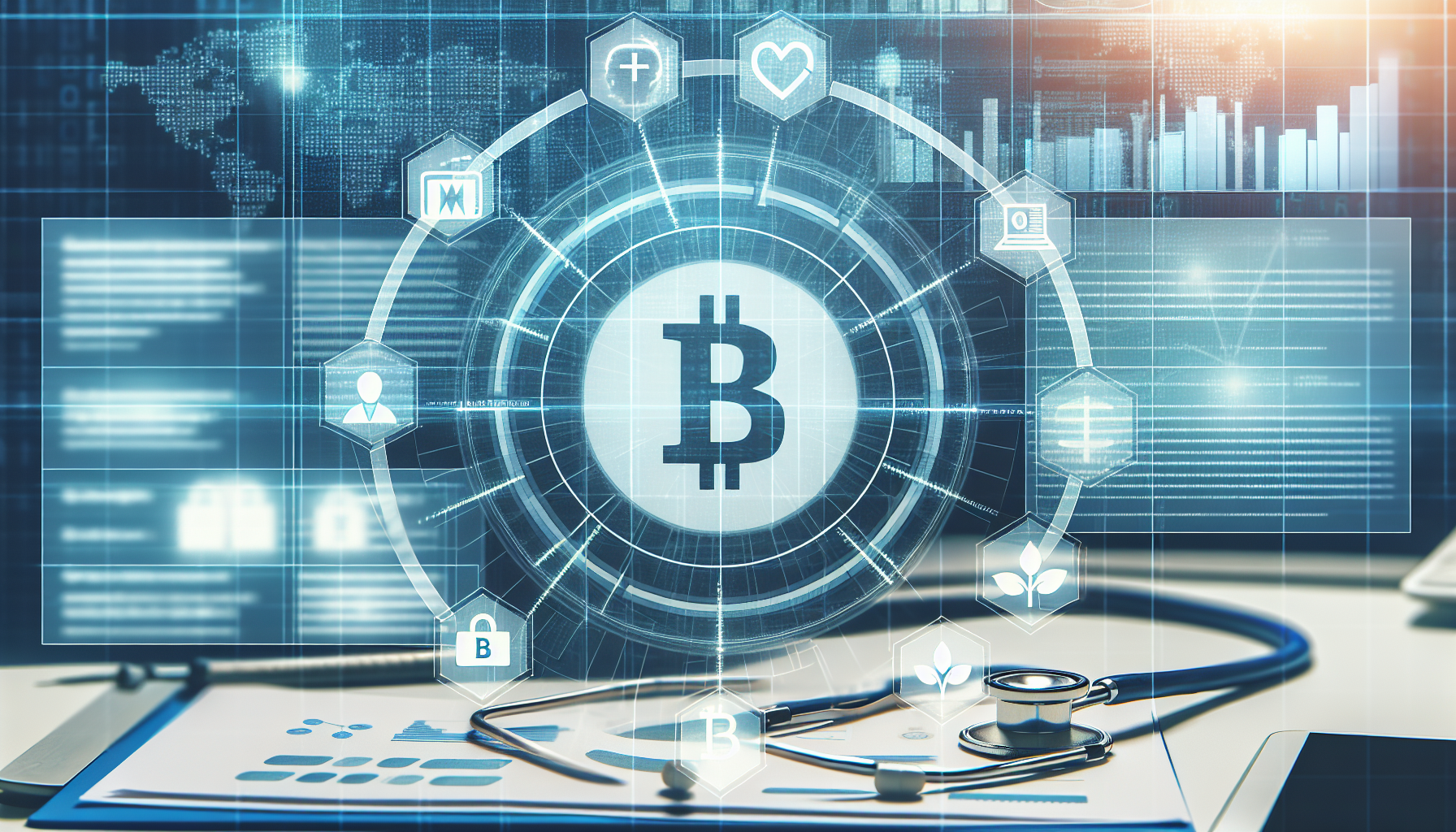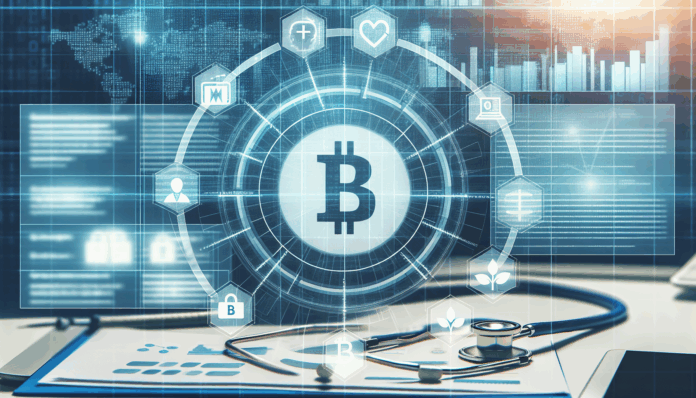Introduction: Why Is Healthcare Data at Stake?
Did you know that nearly 30% of healthcare organizations report suffering from data breaches? As technology advances, the need for secure and efficient healthcare data management becomes paramount. This raises a crucial question: How can blockchain technology enhance the security of healthcare data?
1. Understanding Blockchain Technology in Healthcare
Blockchain is a decentralized ledger technology that records data in an immutable and transparent manner. It ensures that all data entries are permanent and cannot be altered without consensus. In the context of healthcare, this means:
- Improved data security and privacy
- Enhanced patient control over personal health information
- Reduction in data discrepancies across various health systems
2. Key Benefits of Implementing Blockchain in Healthcare
Here are several key benefits that highlight the role of blockchain in improving healthcare data management:

- Interoperability: Blockchain facilitates seamless data sharing among different healthcare providers without compromising privacy.
- Fraud Prevention: Transactions in blockchain are traceable and auditable, which helps in minimizing health insurance fraud.
- Patient Empowerment: Patients have the ability to access and share their health records securely, enabling better care.
3. Real-World Applications and Use Cases
Several organizations are already leveraging blockchain technology in healthcare. For example:
- MedRec: A project developed by MIT that utilizes blockchain for managing patient medical records.
- Guardtime: This company uses blockchain to verify the integrity of healthcare data.
- Shared Health: A platform that applies blockchain to increase the efficiency of health data sharing.
4. Challenges to Adoption of Blockchain in Healthcare
While the advantages are significant, there are challenges in integration:
- Regulatory hurdles: The healthcare industry is highly regulated, making adoption complicated.
- Scalability issues: Handling large volumes of transactions effectively remains a concern.
- Education and awareness: Many stakeholders lack understanding of blockchain capabilities.
Conclusion: The Path Forward for Blockchain in Healthcare
In summary, blockchain technology presents an innovative solution to enhance the security and efficiency of healthcare data management. As industry leaders continue to explore its potential, now is the time to advocate for its implementation across healthcare systems. Are you ready to learn more about blockchain in healthcare? Dive deeper into this transformative technology and its implications today!
Disclaimer: This article is for informational purposes only and does not constitute investment advice. Always consult local health regulations before implementing new technology.
Read more on related topics: Security of Cryptocurrency, Future of Digital Currency, Blockchain in Finance.

Written by Dr. John Smith, a blockchain researcher with over 15 published papers and a leader in the HealthChain project. His expertise includes the integration of blockchain technology in the healthcare sector.




